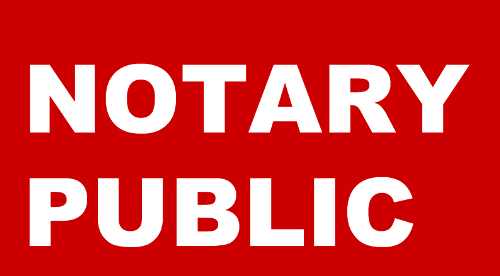The difference between a certified translation and a notarized translation
Certified translations are done only by a professional certified translator/translation agency. This includes an officially signed declaration by the translator/translation agency, usually with a stamp/seal on each page of the document translated and the translated version. It can be said that a certified translation comprises a guarantee of quality.
Notarized translations, on the other hand, may be provided by any bilingual individual. It does not necessarily comprise any guarantee of quality, because the translator does not have to be certified. Notarization further adds value to the authenticity of the signatures on the translated documents under a concept called “Oath” / “Buena Fe” / “Good Faith” and serves as an affidavit. The notary official basically attests that the translation is a genuine representation of the original text, yet does not vouch for the nature of the work, so to say. In other words, notarization includes displaying a duplicate of the original and the translation to the notary and marking an oath to swear that the translation is a genuine representation of the original. The affidavit is then stamped and signed by the notary and appended to the translation. In simple words, it is important to be aware of the differences between certification and notarization. A certified translation is a mark of quality, since it can only be signed and sealed by a certified professional translator. Conversely, any translator can offer a notarized translation by swear.
When does one need a certified or notarized translation required?
Translations for legal, contractual or immigration purposes (like court transcripts, service agreements or birth or marriage certificates) often need to be certified, while translations for administrative purposes, (like school and university admissions) may just need to be notarized. At times, a client may request for both, certification and notarization of a translation. The notarization just provides an additional layer of "official character" to the certified translation, which can either be used as it is or be attached with an affidavit by the notary, as per client’s requirements.
Modlingua and Notary Translation
Although Notary translation can be done by any bilingual, Modlingua still follows its established procedure of total quality management in translation by deploying only professional translators. This ensures quality in translations and fool proof work. This is the reason why our clients always come back to us with full confidence.
For any enquiries write to us at This email address is being protected from spambots. You need JavaScript enabled to view it. or WhatsApp at: +91-9821612481









